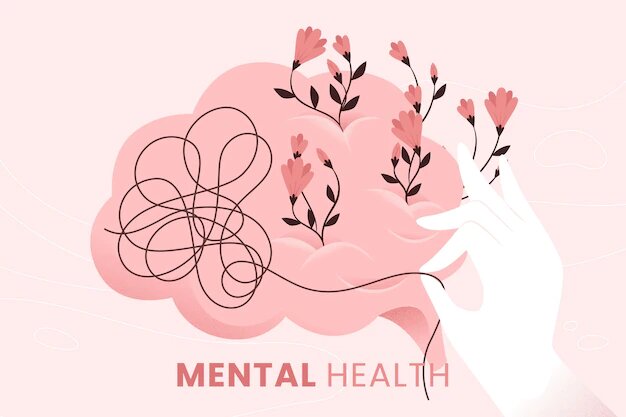
Getting over a traumatising experience is not at all easy, even the thought oft-times seem distant. But while we’re talking about trauma, it’s vital to note that one’s experience of it is subjective. The intensity and even the coping mechanisms vary from person to person depending on one’s personality and prior experiences. It interferes with one’s ability to comprehend, or even do chores that require less attention. When you’re traumatised, the part of your brain that responds to threats and sends signals to indicate what’s hazardous and what’s safe keeps sending messages that you’re not safe, as a result, you become alienated from the world and find it hard to trust people. What’s problematic is it doesn’t stop at the experience, it continues to haunt you (sometimes after years) and alters your brain’s effective functioning.
But, before we get into what it does and how we may overcome it, let’s have a look at what it is in the first place…
WHAT IS TRAUMA?
To understand what trauma is, it’s equally important to grasp what it is not:
Now, the word trauma is generally associated with a terrible event but it is actually the subjective response to an experience, what happens after you experience something traumatic, and it is what sticks with you. You face difficulties managing your emotions, and instead they take control of you, causing your body to relive the same experience over and over again.
How serious it becomes or how long it lasts is determined by the environment in which one lives; is it supportive? Are the people compassionate? Do they comprehend the concept of trauma?
In general, trauma affects people of all ages and genders in different ways; women are more vulnerable to it, and their effects linger for a long time.
Likewise, childhood is a preparatory stage; it is the foundational stage that moulds a person; it is also a stage in which people grasp things more quickly and easily. It has been discovered that childhood trauma can have a long-term effect, increasing the risk of developing mental health and substance abuse disorders later in life. Experiences like witnessing physical or verbal abuse between parents can have a negative impact on a child’s development. These stressful occurrences can also make activities like transferring to a new school and meeting new people upsetting for an individual, who may fear not fitting in, and this fear in turn can result in early isolation. These events may also trigger other stressful situations, such as an inability to feel comfortable in one’s own skin, causing social relationships to deteriorate.
Trauma is completely subjective (as discussed before), the way one reacts to it may differ from how the other person does, and what is traumatic to one person may not be traumatic to another, yet there are some commonly recognised symptoms including:
Now, after learning a bit about trauma, we’re left with the question ‘What causes it?’ What exactly are the events we have been discussing?
Any incident or experience that leaves you feeling overwhelmed, alienated, or frightened, such as unemployment, poverty, the loss of a loved one, physical or verbal abuse, bullying, and so on, can induce trauma.
Trauma can also develop as a result of hearing about another person’s painful experience or witnessing something horrific happen to an acquaintance, friend, or stranger. The way a person perceives the world, their values, and beliefs, and how they are as a whole determine one’s reaction to it.
Differentiating Trauma and PTSD
The terms “trauma” and “post-traumatic stress disorder” are frequently used interchangeably, but they are not the same thing despite having similar symptoms.
Trauma is a subjective response to an experience while PTSD is a mental disorder that is a result of a prolonged traumatic experience after the event has occurred.
We don’t always realise and we don’t always try to think about what we’re saying to others who are suffering, but it is important that we do. Someone approaching you and asking for help does not always require a lecture on how they should try harder (they already are). Sometimes all one needs is a patient listener (give them time to frame their sentences), give your advice when asked, and try to avoid phrases like:
Overcoming Trauma
Overcoming trauma is not easy, it is not supposed to be, but just know that it’s a long way and we’ll get there. We’re all capable of healing and we deserve to be healed, we deserve to live a life where we aren’t constantly scared of the demon lurking in the corner, waiting to devour us. All we need is a little help and we’re here to help you take that first step:
Pre-stage:
While stage:
If your trauma persists, get professional assistance, there are a variety of therapies that might be beneficial, including:
If something isn’t working for you, don’t worry; there are plenty of other options which may. It won’t be easy; it wasn’t designed to be easy, but remember that you weren’t made for easy things either.